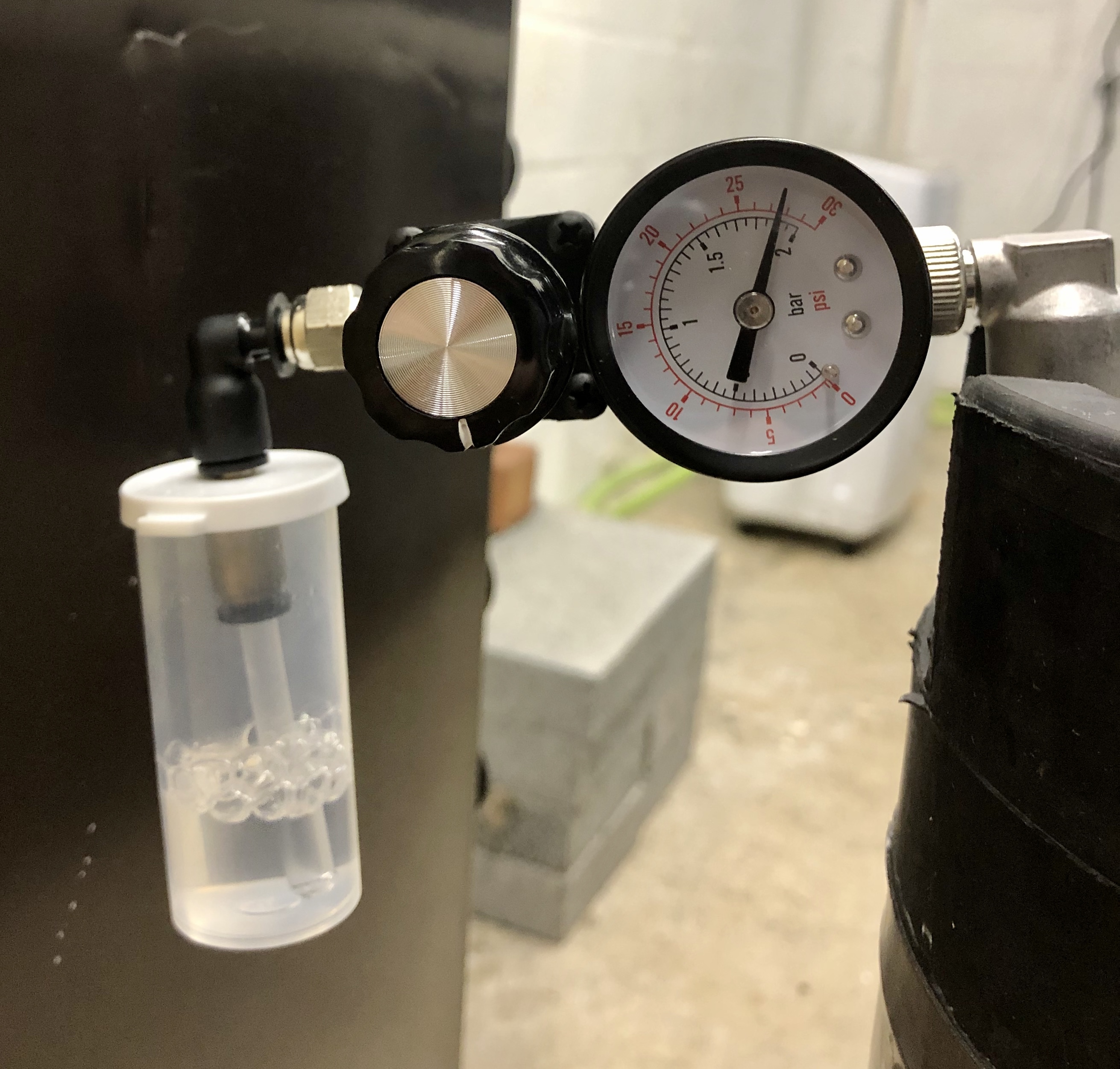JWWard03
Well-Known Member
- Joined
- Dec 28, 2020
- Messages
- 58
- Reaction score
- 14
Hi all. I am 8 days away from bottling a Mr. Beer Golden Ale kit and it looks like the yeast has already settled after just a week in the mini-keg. I'm doing a 3 wk fermentation period before bottling. Is there still fermentation going on even though the yeast has settled at the bottom? This will likely be my only Mr. Beer kit as I am moving to a Northern Brewer 5 gallon system moving forward and have a recipe kit coming this week.








![Craft A Brew - Safale S-04 Dry Yeast - Fermentis - English Ale Dry Yeast - For English and American Ales and Hard Apple Ciders - Ingredients for Home Brewing - Beer Making Supplies - [1 Pack]](https://m.media-amazon.com/images/I/41fVGNh6JfL._SL500_.jpg)

















































